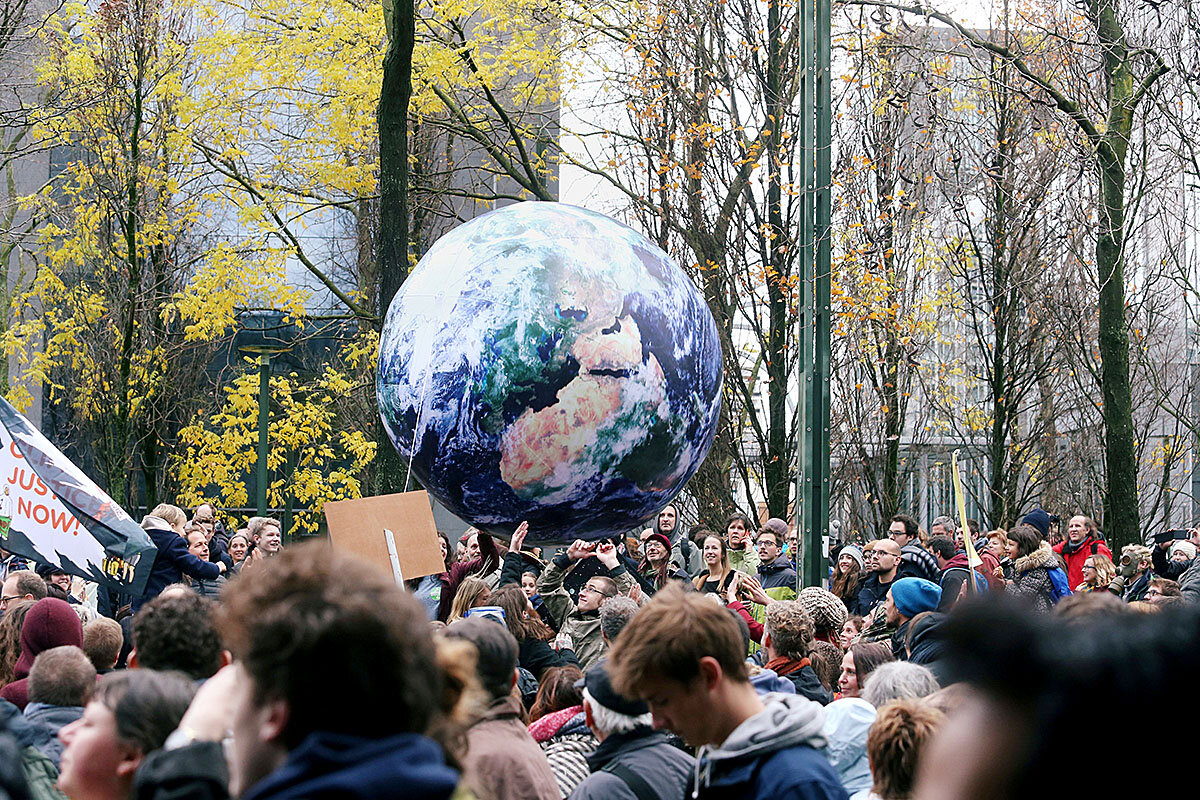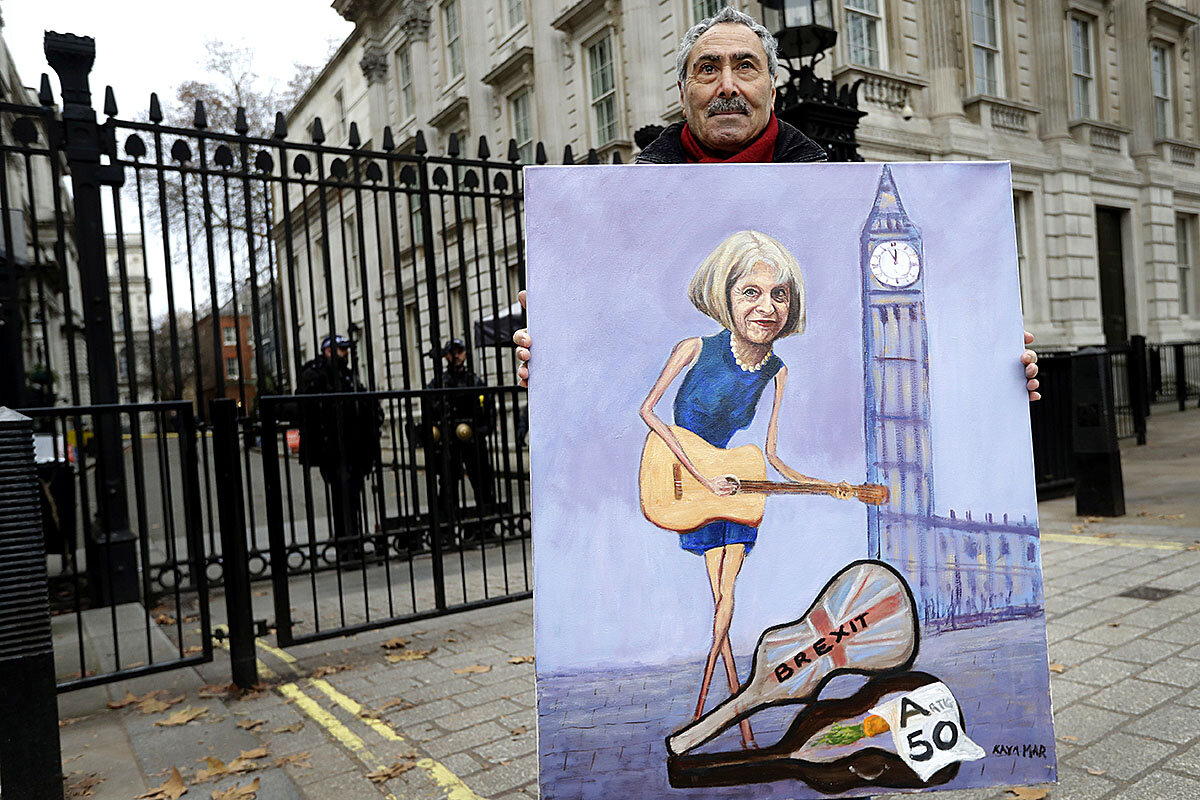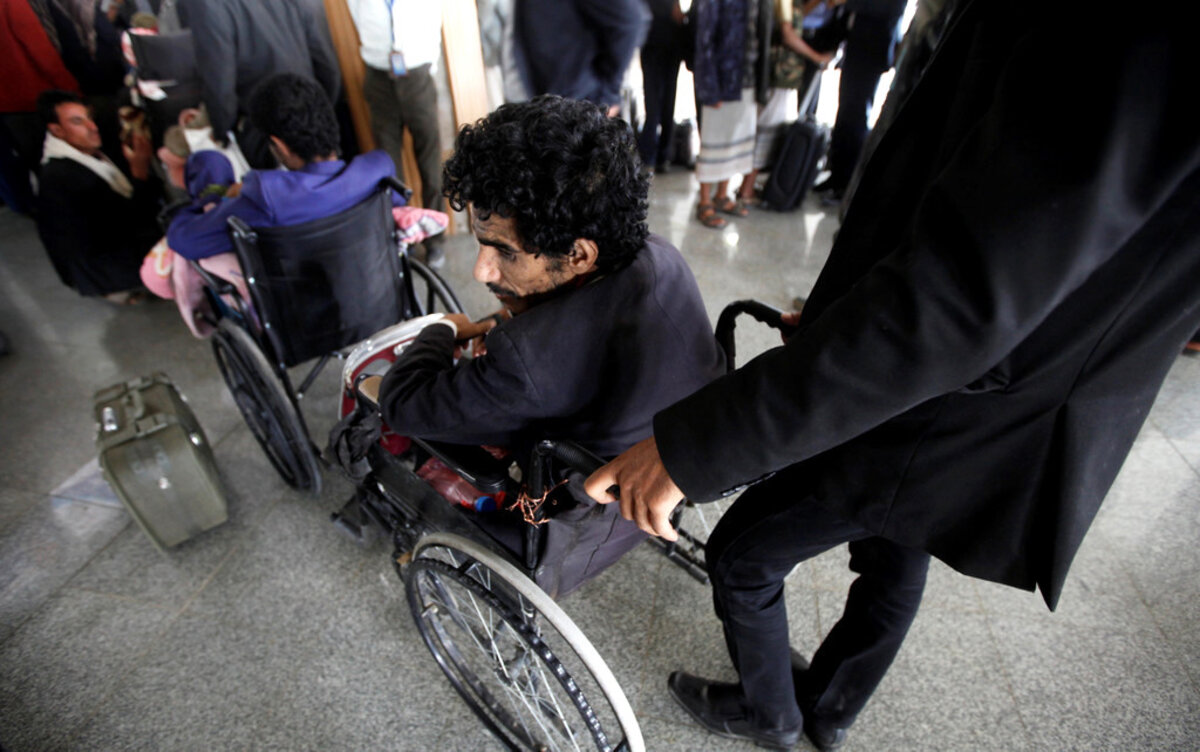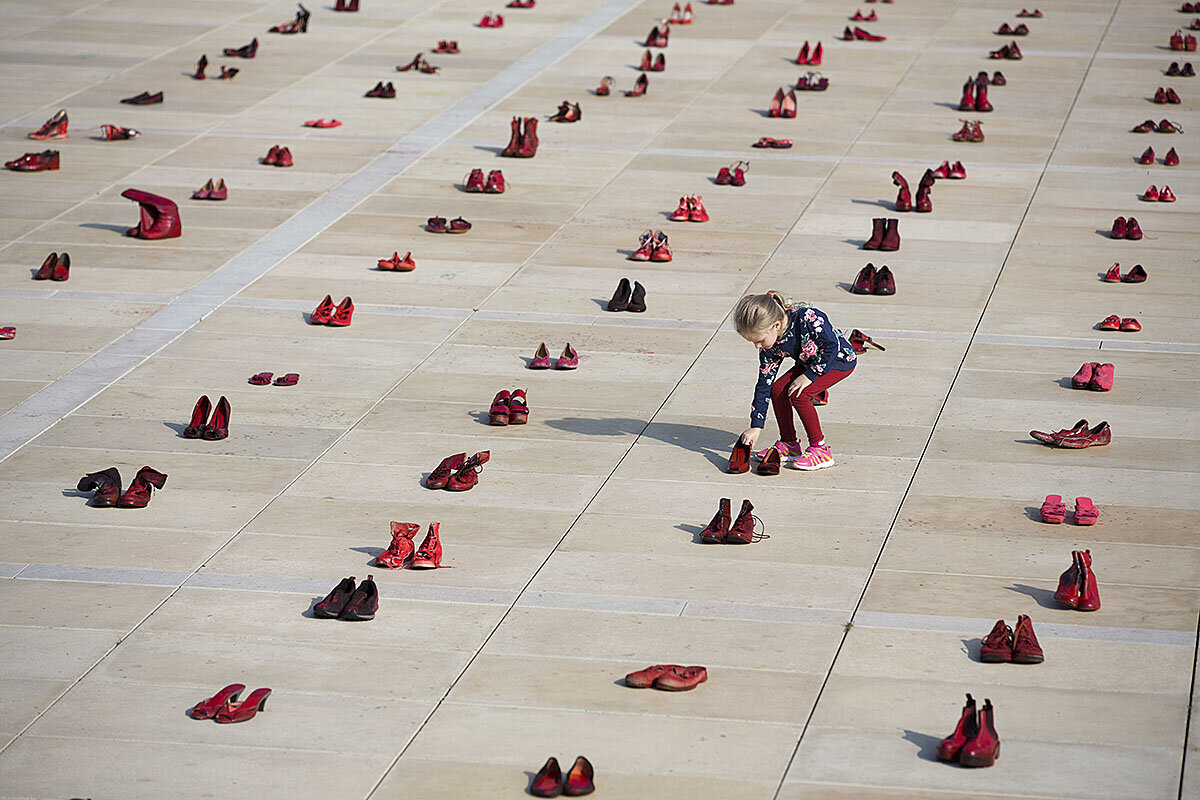For some people, climate change is a question of belief. But for the majority of the nations gathering for COP24, it is a matter of scientific consensus, the product of a cumulative and rigorous body of research.
Monitor Daily Podcast
- Follow us:
- Apple Podcasts
- Spotify
- RSS Feed
- Download
 Peter Ford
Peter Ford
The violent images of rioters in Paris setting cars alight and pillaging shops last weekend have shocked people around the world. But as someone who lives in Paris, I saw something else in the flames – a potent mixture of the past and the future.
Political tumult is a long Parisian tradition; people were building barricades here in the 16th century, and the city has a rich history of insurrection; a popular uprising overthrew the French monarchy in 1789, of course, but other revolts unseated three other governments in the century that followed. And more recently there was May 1968, when radical Parisian students led an assault against the authorities.
Those uprisings had leaders to organize them. You could call the current wave of anger – first sparked by a fuel tax increase – “Les Misérables 2.0.” It gathered steam on the internet, without leaders, as a very 21st-century phenomenon: a network.
Protesters communicate among themselves mainly on Facebook, in groups with hundreds of thousands of members. They alert each other to the demonstrations they are planning; they post advice on how to block intersections without breaking the law. They act horizontally, the way modern management consultants recommend.
How does a government at the top of a typical, vertically oriented hierarchy cope with something like this, an unstructured movement without a leader to negotiate with? France may be the first country to face that question. It won’t be the last.
Now to our five stories for today.











